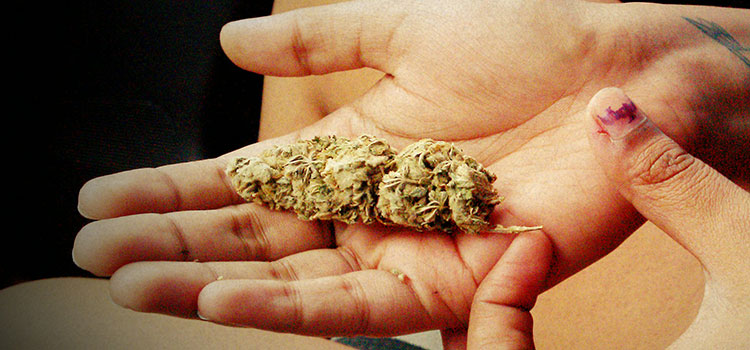Teenage cannabis use has gone down in Colorado in the years since voters enacted an amendment to legalize recreational marijuana — according to the Healthy Kids Colorado Survey, a compilation of data collected from Colorado students and published some weeks ago — and yet, teenagers are finding themselves a more likely target for punitive drug policies.
The Healthy Kids Colorado Survey found that cannabis use among teenagers has remained more or less flat in recent years, with negligible differences between 2016, 2015, and 2013. New data shows that the number of teens who had used marijuana one or more times in their life decreased five points from 2009 to 2015, from 43 to 38 percent.
With adult use sanctioned under state law, however, marijuana enforcement has turned to the population that still faces criminal penalties for the possession or use of cannabis. The Drug Policy Alliance’s Amanda Bent noted in a recent report for Alternet that, “there were more than 400 expulsions and over 4,500 suspensions related to drug violations in the 2014-2015 school year despite efforts to curtail ‘zero tolerance’ policies recognized by the legislature in 2012.”
The punitive policies have also been shown to unfairly affect young people of color: despite similar rates of cannabis use, cannabis-related arrest rates among white Colorado youth decreased 8 percent from 2012-2014 while they increased by almost 60 percent for young people of color during the same time period.
Though fewer teenagers in Colorado admit to believing that cannabis use is a dangerous habit, perspectives on the dangers of other banned drugs such as alcohol or tobacco have remained the same since legalization.
Colorado legalized cannabis for recreational purposes in 2012. Some half-dozen additional states, including California, are expected to hold votes toward the reforming of their marijuana laws this November.
Get daily cannabis business news updates. Subscribe
End
